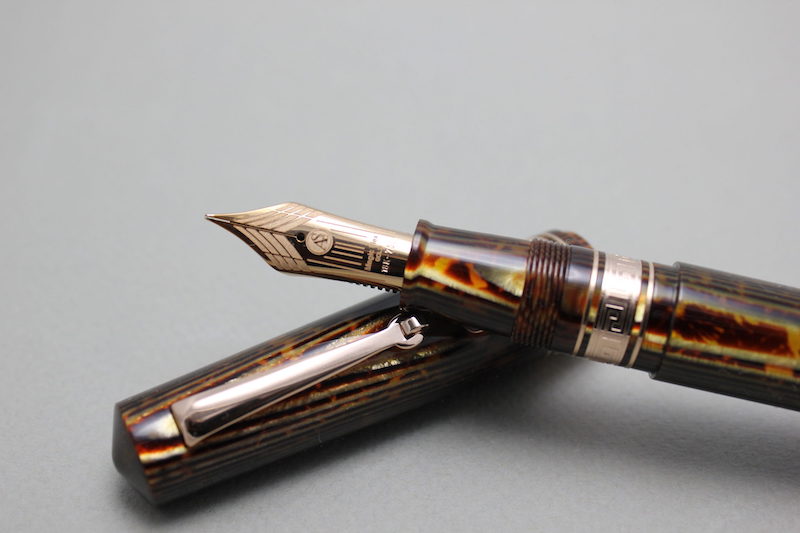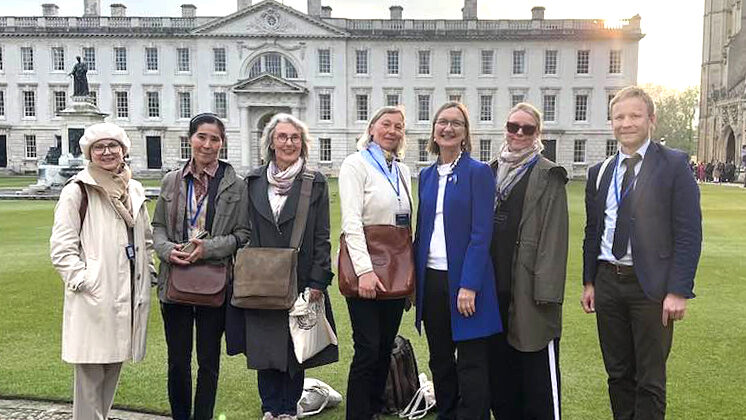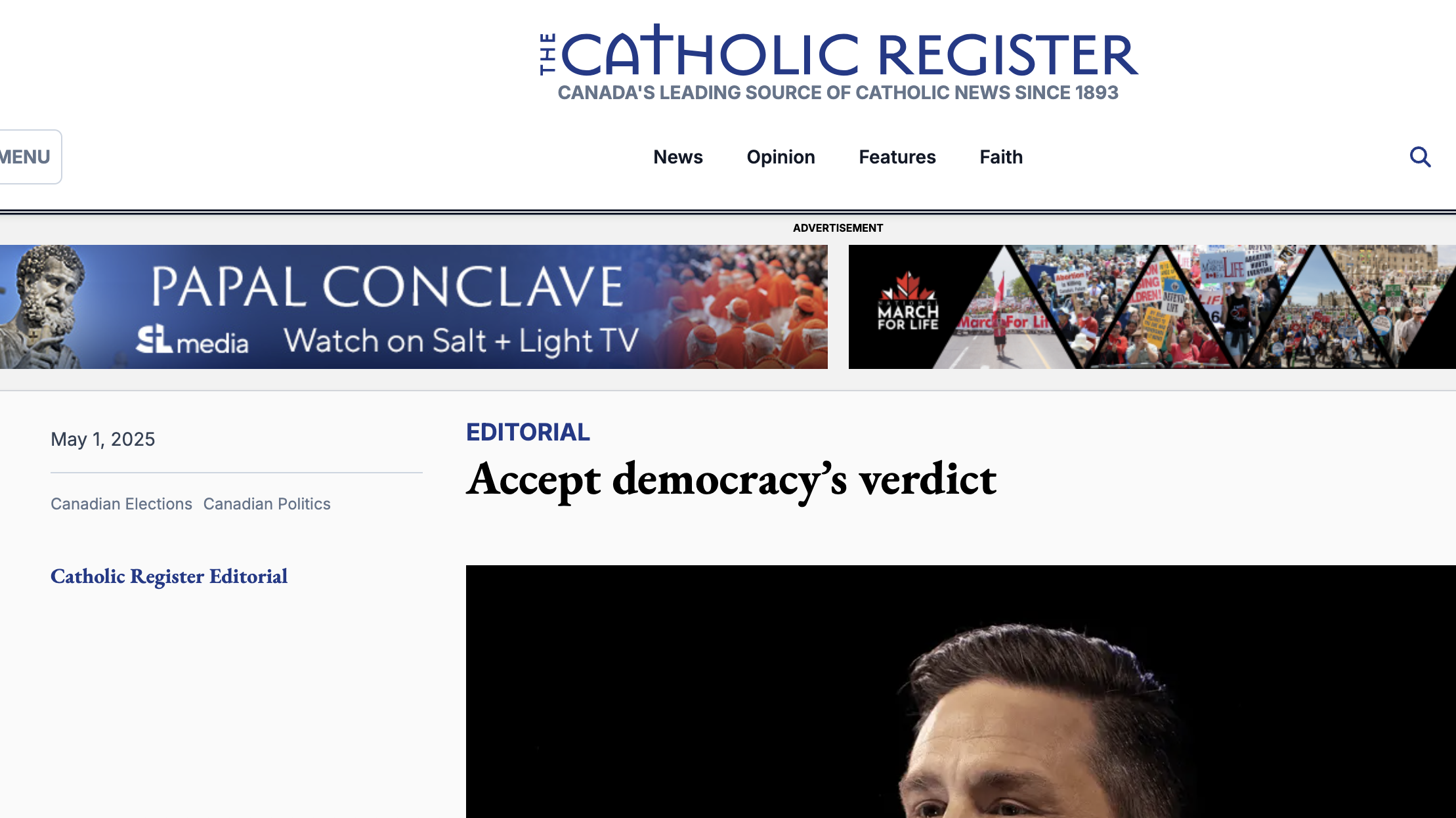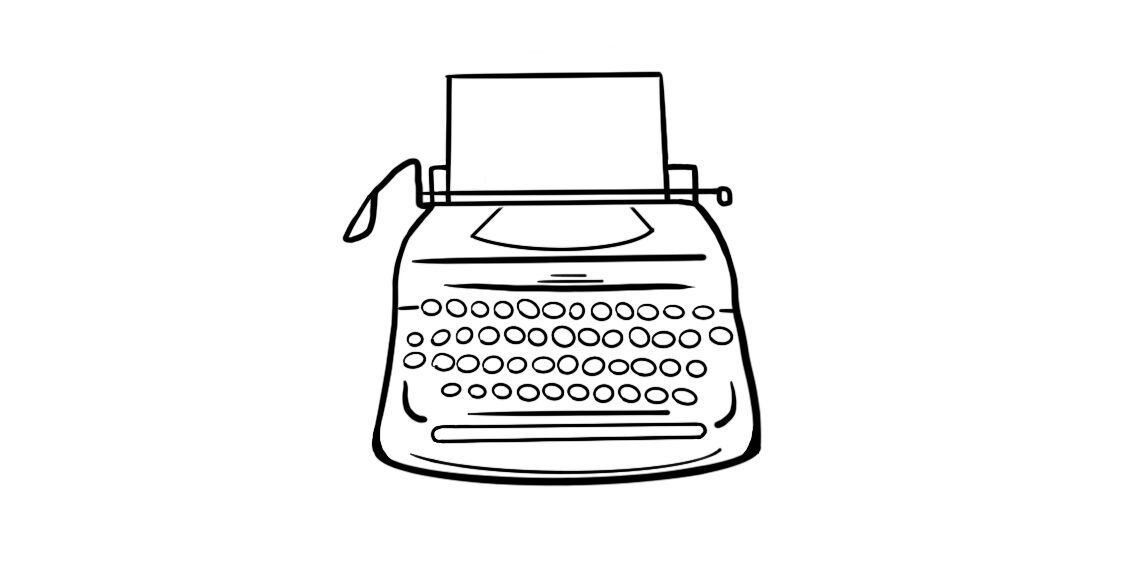Research indicates that Stalin’s reputation as a leader has not weakened in a substantial portion of society and books such as those sponsored by the Kremlin do not suffer from any protest movement. While acknowledging that some NGOs and local authorities have been able to disallow the unveiling of Stalin statues, a survey has indicated that Stalin is ranked as the most prominent figure in Russian history followed by Putin, Pushkin and Lenin.
- History as selection, not fact
- History as selection, not fact (II)
- History as selection, not fact (IV)
History books as envisioned by Putin’s history commission were meant to promote “patriotism, a sense of civic responsibility and tolerance towards other nationalities”. They were also intended to explain new Russian acquisitions. Putin’s high popularity rating is partially sustained by the common mantra, “Crimea has always been Russian” – a bold-faced distortion of Crimean history, but it did penetrate international understanding of the actual historical legacy.
Crimean Tatars are indigenous to the Crimean peninsula and had their own state, Crimean Khanate. Russians never existed on the peninsula, until 1783 when the Russian Empire conquered the Khanate. The Russians took Estonia and Latvia a full 60 years earlier and the West has always supported their right to independence, self-determination and their inarguable right as sovereign states to full-fledged membership in NATO, the EU and the UN. Other than empire-minded Russian ultra-nationalists, nobody spouts “they have always been ours“ about the Baltic states. In 1917 Crimea failed to defend its independence like some other states in the Empire and that makes it different.
The Crimean peninsula is geographically part of Ukraine. Russia had no territorial connection to it, is not contiguous to Russia. Because Crimea`s economic development suffered and all supplies had to be sent to it from Ukraine, the Kremlin decided in 1954 to transfer Crimea to Ukraine. Moscow`s insistence that it was Nikita Khrushchev`s thoughtless `gift` to the republic of his heritage is a rank distortion of reality.
In 1954 Khruschchev had not yet consolidated enough power to make such an important decision. The transfer of territory followed the necessary legal and Communist party requirements to execute the change in jurisdiction. The Kremlin could not foresee in 1954 that Ukraine would eventually be independent with Crimea as integrally theirs.
Had not the Russian Empire conquered the Crimean Khanate iin 1783, Crimea would have been an independent sate with zero percent Russian population. In May 1944 Stalin, accusing the Tatars of collaborating with the Nazi occupation of 1941-1944, deported all of the 199,000 Tatars to the hinterlands of the USSR. Also deported were 9000 Tatars fighting in the Red Army, as were Armenians, Greeks and Bulgarians who had settled in Crimea some centuries before. This was indisputably ethnic cleansing, but not so described in Russian history books.
“Deportation” is an euphemism in this context. Fully 46.2% of the deported Tatars died due to severely inhumane conditions. Genocide is the term to be used here.
Some 80,000 homes in Crimea, empty after mass deportations were settled with Russians. The descendants of these colonists form the base for the population of Russians in Crimea today. When Moscow refers to residents of Crimea, who support the annexation by Russia, this is that group.
With the independence of Ukraine in the early 1990’s some 266,000 Tatars by 2013 had returned to their homeland from Russia. The Soviet Union had not allowed this.
Tatars have vehemently opposed the Russian annexation of Crimea. Thus, approximately 25,000 of the indigenous people, the victims of repression, have escaped to mainland Ukraine.
Unquestionably the “Crimea has always been Russian” battle-cry has taken firmly hold in Russia. But abroad? While not lamenting its possible universal acceptance internationally, the undersigned has heard, more than once, a well-known Estonian in Toronto insist that Russia has a historical right to Crimea and that the country’s annexation was totally justified. Whaat?
Laas Leivat, Toronto




